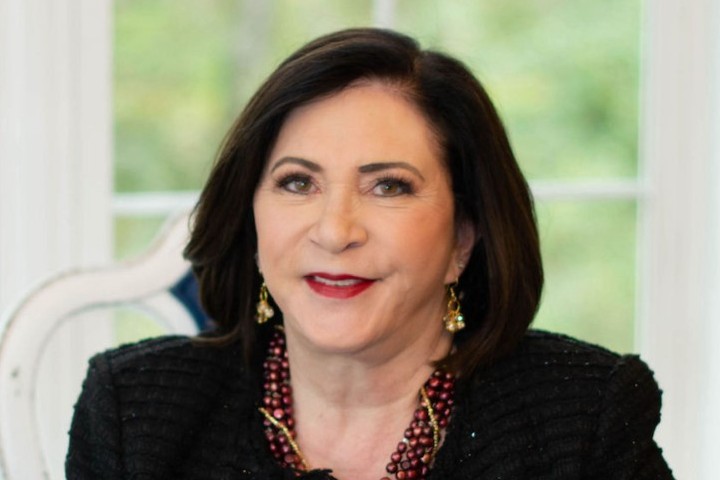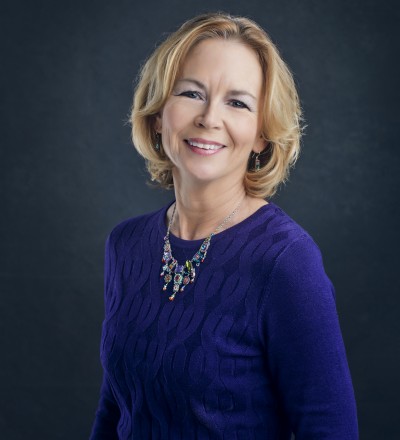I recently met Beverly Price and during our conversation I posed a question: “Beverly, what’s the difference between a therapist and a divorce coach”? Both professionals have their place. If you are on this website, then you might be thinking about divorce. I hope this article, written by Beverly, guides you towards the emotional help you need for this time in your life.
Back when I went through my divorces, yes multiple, there was no such thing as a Divorce Coach or a Divorce and Empowerment Coach. I wish there had been. I could have saved myself a lot of time, pain, and money, if I had one. I could have learned from my mistakes and prevented multiple marriages, toxic relationships and abuse. I had to take the road alone, and learn through painful trial and error with no support. I wish that every divorcing or divorced woman could reach empowerment and happiness in less time, with less pain, and with more support than I did.
When facing divorce on your own, it may be a difficult and isolating journey. Not even the toughest people can handle dealing with the legal, financial, and emotional elements all at once. When you add in the stresses of daily life, it's easy to understand how you could spiral into a dark pit. You are not alone. There are divorce professionals that can help you.
If you're in need of assistance of this sort, consider the following... read on. This way you can select the right solution for you and your situation.
What Exactly is a "Divorce Coach"?
The Center for Certified Divorce Coaching says, “Divorce Coaching is a flexible, goal-oriented process designed to support, motivate and guide people through divorce to help them make the best possible decisions for their future based on their particular interests, needs and concerns.”
They foster an amicable environment where an individual can freely discuss and identify issues, concerns, and desired results of the divorce process. A divorce coach will help you learn how to communicate and negotiate effectively. They focus on the client’s practical needs as they navigate the transition brought on by a divorce. A divorce coach can be an aid during this time of change.
A Divorce Coach: Do You Need One?
Finding a good divorce coach can help you save not only time and stress, but also money. Reducing tension frees your mind to work together and solve problems more rationally.
- Several factors can help you determine if you would benefit from working with a divorce coach.
- Do you have trouble picking between two options?
- Do you feel hopeless about moving on with your life now that the divorce is final?
- Do you feel threatened by the courts?
- Do you wish you had a sounding board for your parenting and financial plans?
- Do you feel overwhelmed by the legal and financial processes?
Divorce and Empowerment Coach
Divorce and Empowerment Coaching, goes beyond Divorce Coaching. It helps the client develop a strong positive feeling of self-belief, resolution of untreated emotions and the initiative to set and go after your goals in addition to understanding the legal and financial process. They help make the process of divorce less hostile and less expensive. They help a client with their self-esteem, to strengthen and use their voice, set boundaries and step into their own power. Divorce and Empowerment Coaching focuses on and champions for the individual client, and guides them to self-discovery.
Many individuals rely on lawyers, divorce financial planners, and others through the short-term divorce process, but neglect getting help for their emotional growth, feelings about themselves and their marriage/divorce/ex. This is the kind of work a Divorce and Empowerment Coach does. Without coaching, many of these negative feelings can last a lifetime creating much unhappiness.
What Is the Role of a Divorce and Empowerment Coach?
The role of a Divorce and Empowerment coach lays the groundwork for an independent, and self-reliant client. It clears the air so you can act without internal roadblocks like uncertainty, criticism, or other people's opinions.
Divorce and Empowerment Coaching:
- Guides women to fight self-doubt and low self-esteem.
- Opens their eyes to the wonderful, clever, capable, and deserving through working on a new understanding and self-worth.
- Helps women accept and embrace their voice and their power.
- Teaches women how to not let their emotions hijack them.
- Creating an awareness that their identity is more than just “wife.”
Many women suffer from low self-esteem and a lack of confidence. Through a process of self-acceptance, self-awareness, self-development, emotional growth, and, Divorce and Empowerment coaching transforms the client from someone who is only surviving divorce to someone who is flourishing.
Therapist
The major distinction between a therapist and a coach is that, in general, therapists have a tendency to concentrate more on the past and specialized issues, but coaches are more likely to concentrate on both the present and the future.
The term "therapist" is used to describe a wide range of medical experts who specialize in helping patients. Although the phrase is most commonly associated with psychologists, it can also refer to social workers, counselors, and the others who offer similar services.
Although "therapist" is not a legally protected title, many therapists require licenses in order to work. Professionals in the field of occupational therapy, marital and child therapy fall under this category.
In order to overcome your mental health problem, you will need the help of a therapist, also called a psychotherapist or counselor.
Recovery from mental health issues like depression, fear, or other mood disorders; drug addictions like alcohol, drugs, as well as food; behavioral addictions like gambling, sex, and shopping, etc. Therapists also deal with other life or emotional issues like family conflicts like and relational strife which can all be helped through the use of therapeutic coaching - including cognitive behavior therapy, behavior modification, and family systems theory. Therapists may work with individual clients, couples or families.
When Divorce Therapy Is Necessary
Seek professional counseling from a divorce therapist if the separation and/or divorce is negatively affecting your mental or emotional health to the point where you are unable to be present or finish crucial duties.
- Drug addiction, domestic violence, and other similar topics that can be extremely delicate to approach.
- Habitual shifts in the way you sleep
- Lack of enthusiasm for activities that used to delight you
- Loss of vigor and interest, making it tough to get things done
- Abnormalities in eating habits or body mass
- Having suicidal thoughts
- Abuse within the home – physical, mental, emotional, verbal, financial, etc.
- Trauma – past or present
- Counseling Sessions for the souple or whole family
- Mental health issues – depression, anxiety, narcissism, and more
Therapists, Divorce Coaches, and Empowerment Coaches
First, let's investigate coaching and therapy in order to analyze the ways in which they differ from one another and the ways in which they are similar, and then let's investigate the ways in which they can merge in order to assist a client in receiving the maximum benefit possible.
In contrast to therapists, who treat problems from the past and sensitive issues like domestic violence and trauma, a Divorce and Empowerment Coach focuses on the present and future and have a goal oriented approached. They offer support that is non-judgmental and confidential, guidance through the legal and financial processes, referrals to experts if you need them, enhancement of your communication skills, and help you work through your heightened emotions in order to assist with healing as well as building self-confidence.
About the Author
Beverly Price, certified Divorce and Empowerment coach with 25 years’ experience, provides knowledge, support, and insight to help women going through the divorce process and afterward, and with all of its emotional and logistical challenges. She provides one-on-one custom designed coaching as each woman has a unique story and situation.
She shares educational tools, skill building techniques and emotional growth exercises to help women achieve an empowered state, where they find and use their voice, develop enhanced communication skills and move on to a fulfilling next best chapter in their lives.
Beverly has a personal history with divorce, co-parenting, domestic violence and more. Combining this personal experience with her training, professional certifications and business knowledge, she can help women by supporting them along their grief journey, helping them to work through resentments, fear, sadness and shock. She brings a non-judgmental, supportive and empathetic approach to her clients.
Her passion is to help women through their divorce journey, and its ups and downs and grow from self-doubt to self-love quicker, with less pain, and more support than she had. She is dedicated to doing this for every divorced woman.
You can reach her at https://herempowereddivorce.com or beverly@herempowereddivorce.com

